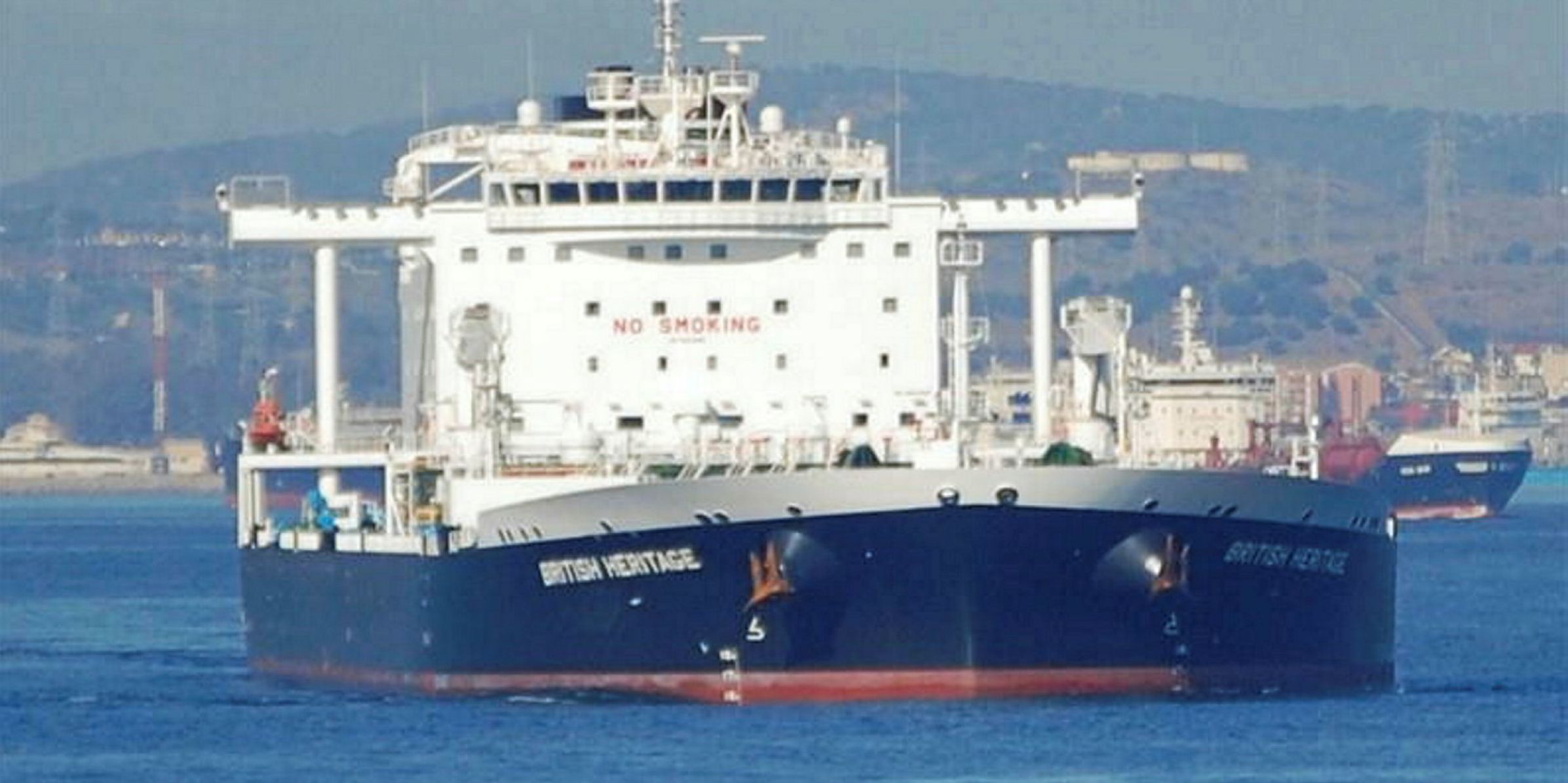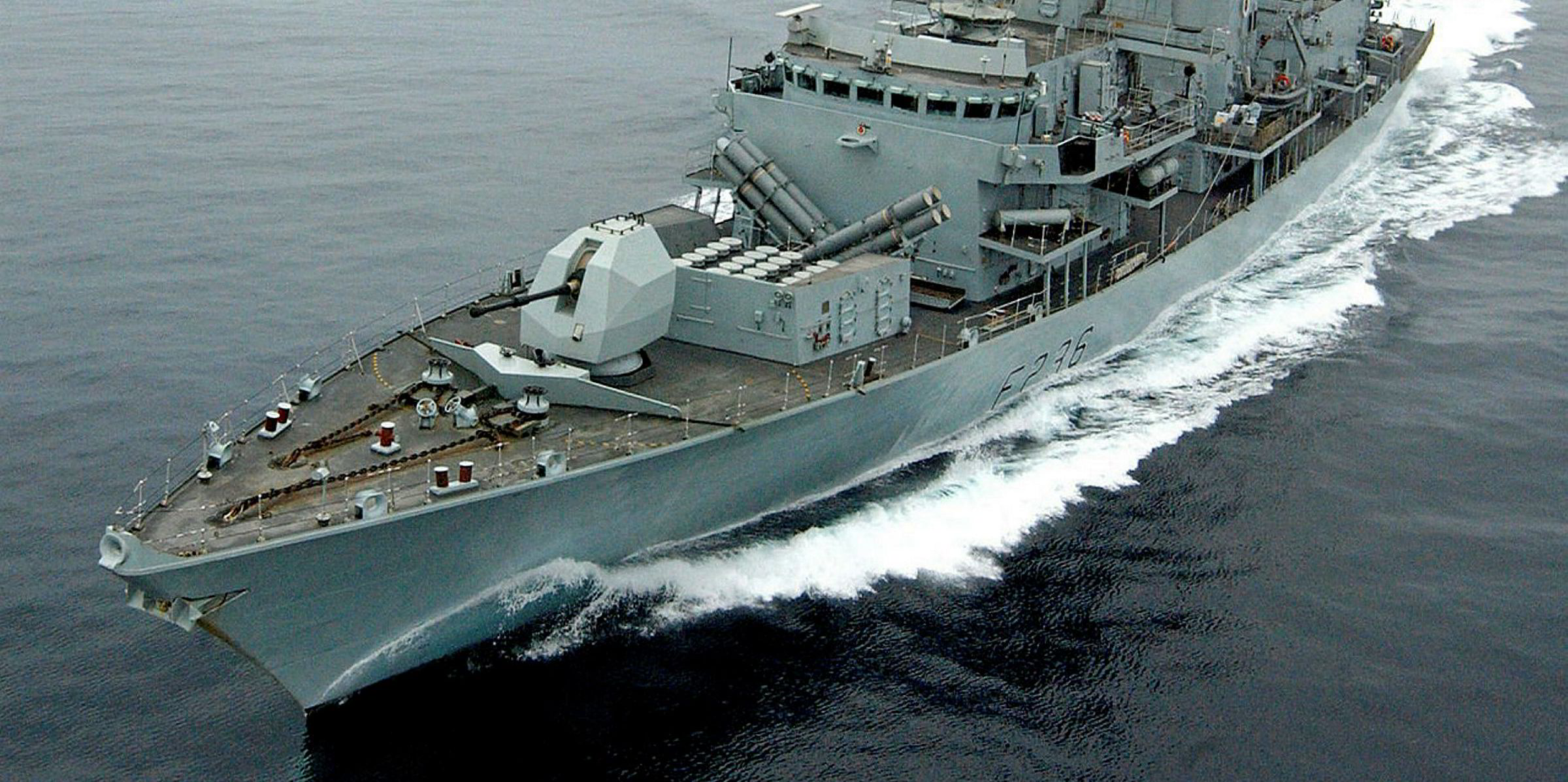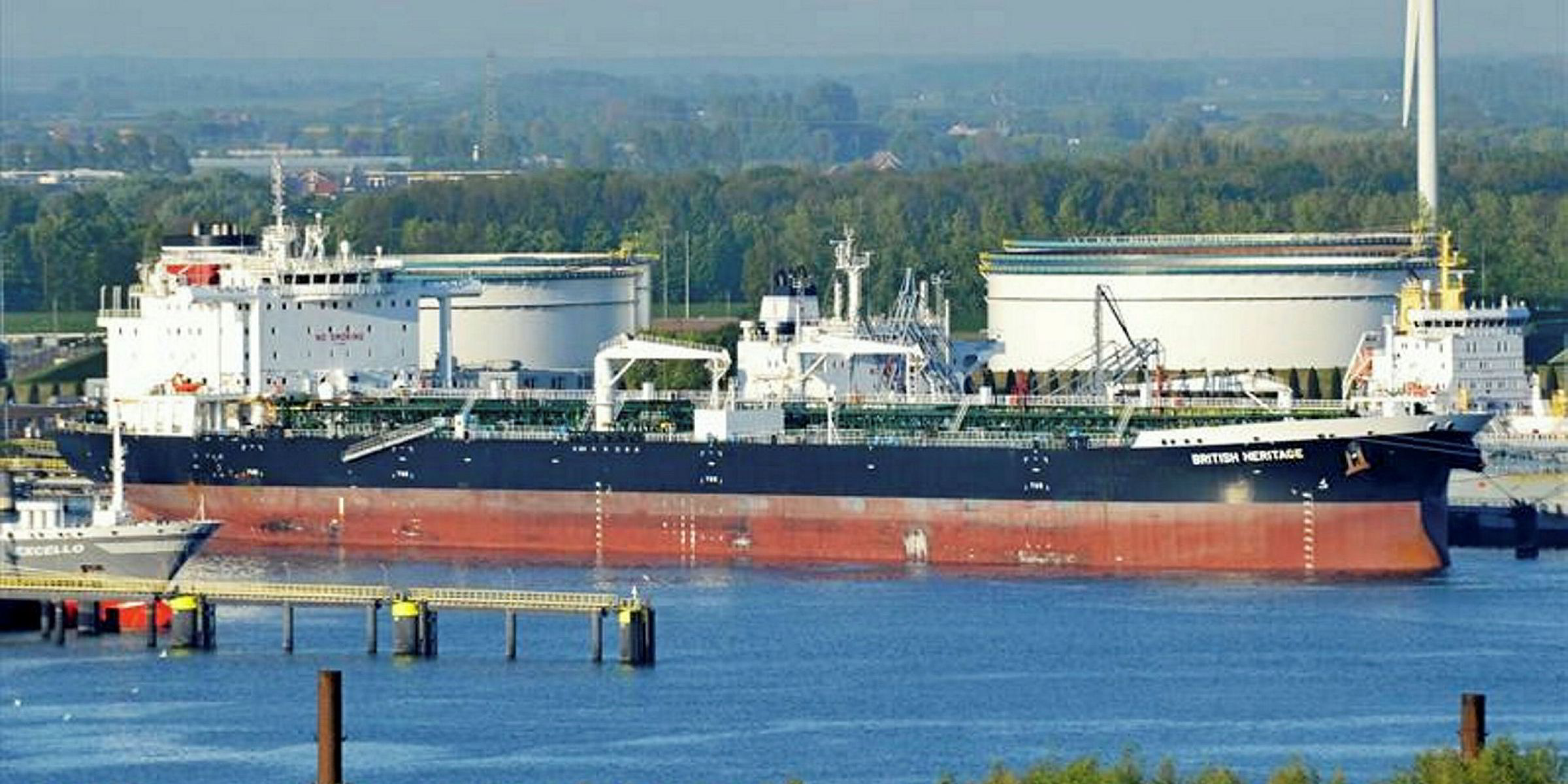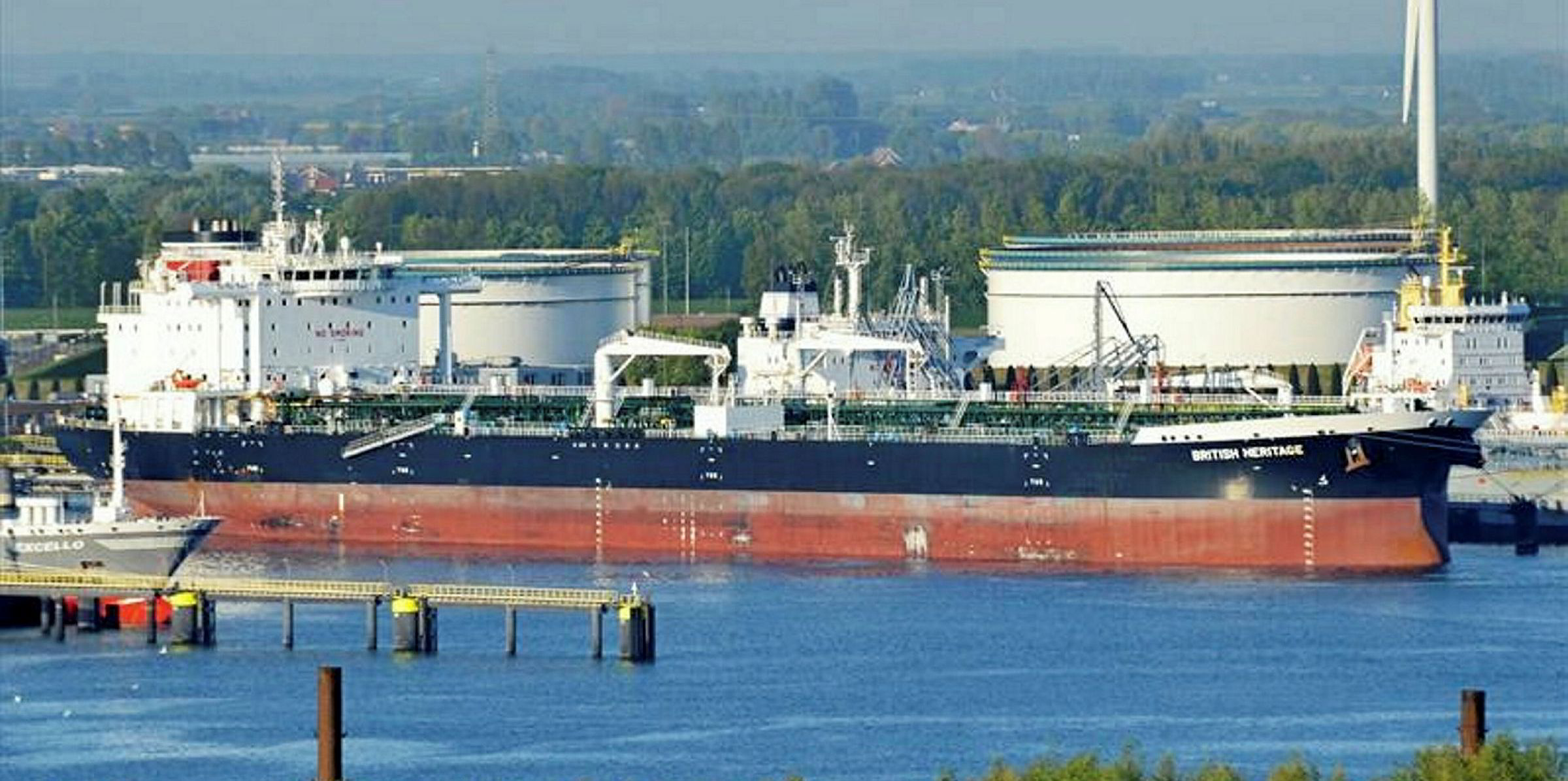A British warship has thwarted an attempt by three Iranian boats to "impede" the passage of a BP tanker through the Strait of Hormuz.
The UK ministry of defence said in a statement on Thursday: “Contrary to international law, three Iranian vessels attempted to impede the passage of a commercial vessel, British Heritage, through the strait of Hormuz.
A British naval ship, HMS Montrose, was “forced to position herself between the Iranian vessels and British Heritage and issue verbal warnings to the Iranian vessels, which then turned away,” it added.
“We are concerned by this action and continue to urge the Iranian authorities to de-escalate the situation in the region.”
In ballast
The 158,000-dwt suezmax (built 2017) was not carrying a cargo at the time of the incident.
US and UK officials had earlier said the warship had trained its guns on the boats and warned them off.
The ship was able to continue its passage out of the region.
A spokesperson for US central command, Captain Bill Urban, was cited by The Guardian as saying: “We are aware of the reports of Islamic Revolutionary Guard Corp Navy’s...harassment and attempts to interfere with the passage of the UK-flagged merchant vessel British Heritage today near the strait of Hormuz.
“Threats to international freedom of navigation require an international solution.”
CNN reported that a US aircraft shot video of the incident.
Iran denied it had attempted to seize the ship.
The move was viewed by the US and UK as a retaliatory response to the UK's detention of the 301,000-dwt Ukrainian-owned VLCC Grace 1 (built 1997) in Gibraltar on 4 July for alleged sanctions breaches.
The UK department for transport advised UK-flagged ships to adopt heightened security in the Strait of Hormuz.
Iran's foreign minister Javad Zarif called the British allegations “worthless”.
He told Fars: “Apparently the British tanker has passed. What [the British] have said themselves and the claims that have been made are for creating tension and these claims have no value.”
Credible show of force
Security company Dryad Global said the approach fits the profile of previous Iranian efforts to harass vessels in the Strait of Hormuz.
"It remains Dryad’s assessment that this latest attempt represents a credible ‘show of force’ by the Iranian regime...which is designed to act as a tangible follow up to British involvement in the detention of the Grace 1," it added.
"It would be highly unlikely for Iran to persist in any attempt to detain a vessel in international waters or to engage a vessel with weapons.
"Any action of this nature would significantly compromise ongoing Iranian diplomatic efforts as well as significantly increase the likelihood of direct military action against Iran."
Dryad said UK-flagged vessels, as well as broader flag of convenience and UK interests, continue to exist in a "status of heightened but manageable risk."
"It is highly likely that this latest incident will provide further impetus for a coordinated international response to provide naval escorts to vessels within the region," it added.
Suezmax was sheltering
British Heritage had reportedly been sheltering in the Middle East Gulf due to an Iranian threat against UK shipping.
AIS data from Tuesday had showed it awaiting orders, with no destination listed. On Wednesday the vessel was passing Muscat in Oman.
BP said the company's "top priority is the safety and security of our crews and vessels" and thanked the Royal Navy for its support, according to AP.
Bloomberg claimed the BP ship was heading to load crude at Iraq’s Basrah oil terminal when it turned around on 6 July.
The UK-flagged tanker had been chartered by Shell to carry the oil to north-west Europe, brokers said.
The fixture has been cancelled, the report added.
Shell did not confirm it had chartered the tanker, but told AP that "safety is our top priority."
A spokesman said the company was monitoring the situation closely. It expects all vessels it charters to consider relevant UK department for transport guidance on shipping in the area.
Bimco said the overall threat level for non-British ships using the strait was little changed.
Jakob Larsen, head of maritime security, told AP: "With what we've seen now I'm certain trade will continue in the region.
"Of course shipowners will take their precautions, and for British interests those would probably be a little more comprehensive."






